There’s something that binds Sweety from Sonu Ke Titu Ki Sweety, Karishma from Hasee Toh Phasee, and Chiku from Pyaar Ka Punchnama 2. They are portrayed as controlling girlfriends. The controlling girlfriend is a trope that is tried and tested in Bollywood. Firmly rooted in misogyny, it is problematic for its sexist portrayal.
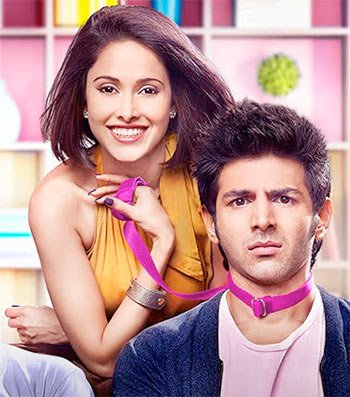
Let’s start with Sonu Ke Titu Ki Sweety. Titu has no clue about his life and he always ends up with the “wrong” women. Mind you, Titu is a young man and not a child. Enter Sweety. A woman who is portrayed as cunning by Titu’s friend (Sonu) but she encapsulates all the qualities an ‘adarsh bahu‘ should have. According to Sonu, Sweety makes Titu and his family dance to her tunes. Much to his displeasure who thinks she is the root of all evil. Meanwhile, she only wants a wholesome relationship with her partner.
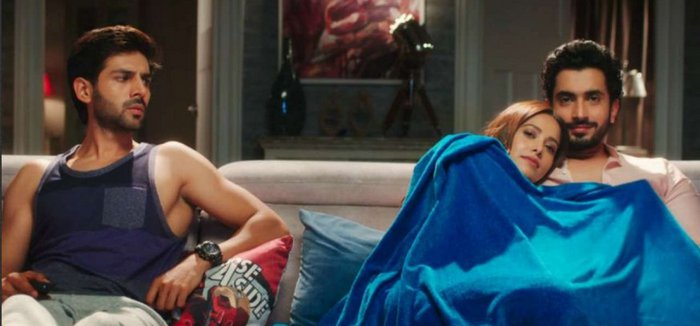
Another example is from Hasee Toh Phasee. Karishma is in a relationship with Nikhil. They are soon going to get married to each other. But Karishma is someone who always threatens her boyfriend that she would break up with him over anything and everything that can irritate her.

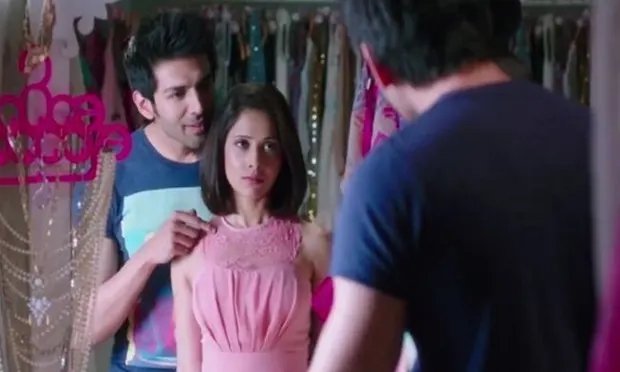
Completely agreeing with the fact that these three women were toxic and annoying partners. But the problem is when the same trope is used for women who have reasonable demands. For eg: when Trisha, in Shaadi Ke Side Effects, just wants her husband’s help with their child yet she is painted as the ‘bad guy’.
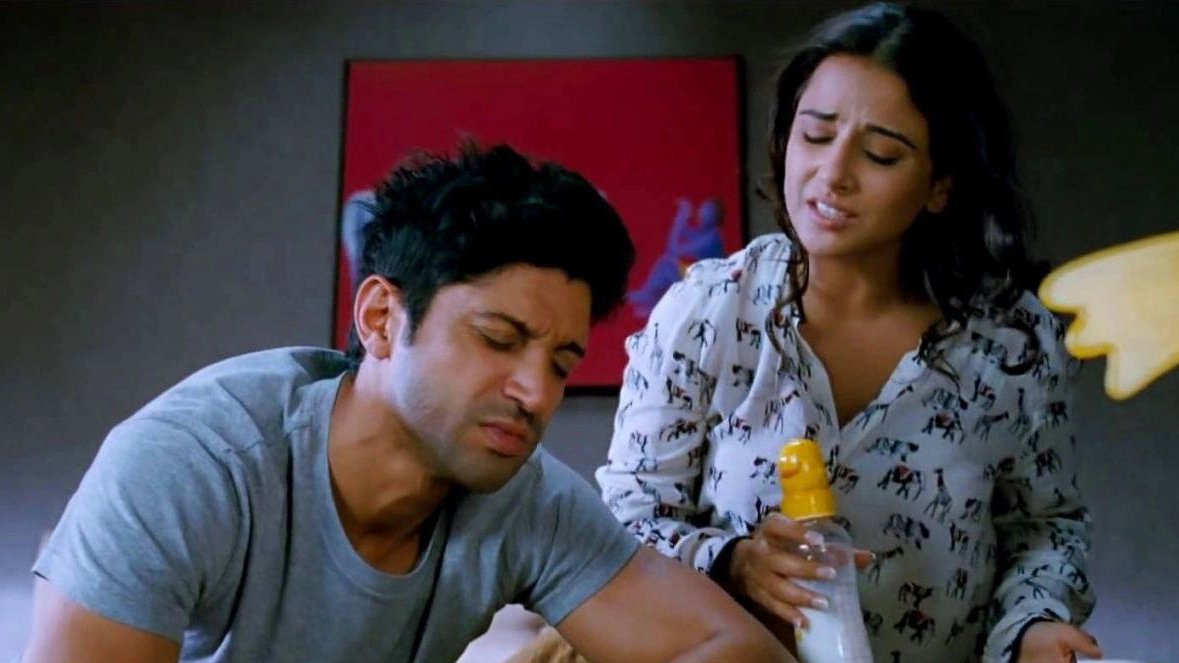
The jokes made at the expense of the controlling girlfriend in these movies only vilify women. According to these jokes, women are cunning and evil. The jokes and the dialogues imply that men are in danger because of these ‘modern’ girlfriends. Women and their rightful troubles are just feminism nakhras. The monologue delivered by the male messiah at the climax only echoes this same sentiment that men have more woes at the hands of women.
If there is one character in recent times who rightly deserves to deliver a monologue about their controlling partner, it is Preeti. Sadly, the girl wasn’t even given enough lines in the film.
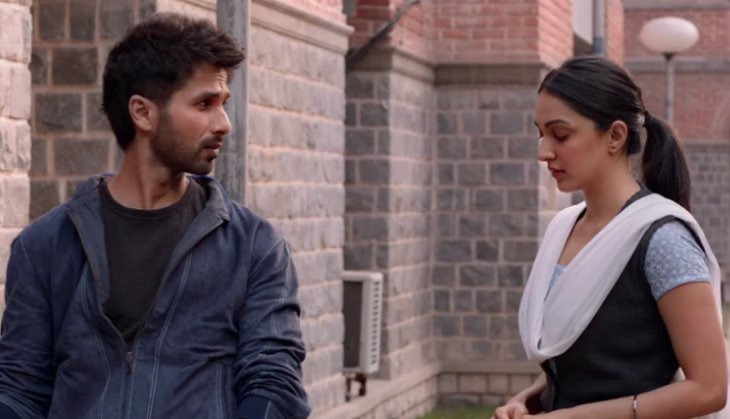
Regardless of gender, no one should put up with a controlling partner. In the tryst of painting women as the root of all evil, these movies strip men of their right and agency to leave a relationship. The ‘bechara‘ boyfriend puts up with unjustified behaviour in the name of “love”. A bare minimum in any romantic relationship is when your partner respects you and treats you as an equal. If that is missing, it is a red flag big enough to end that relationship.
She’s right. It starts under the garb of jokes.
— Kaveri 🇮🇳 (@ikaveri) August 25, 2022
“arrey mein toh mazaak kar raha tha / thi aur tum bura maan gaye”
Nip it in the bud. Define boundaries. https://t.co/U4I0MEIn7H

















